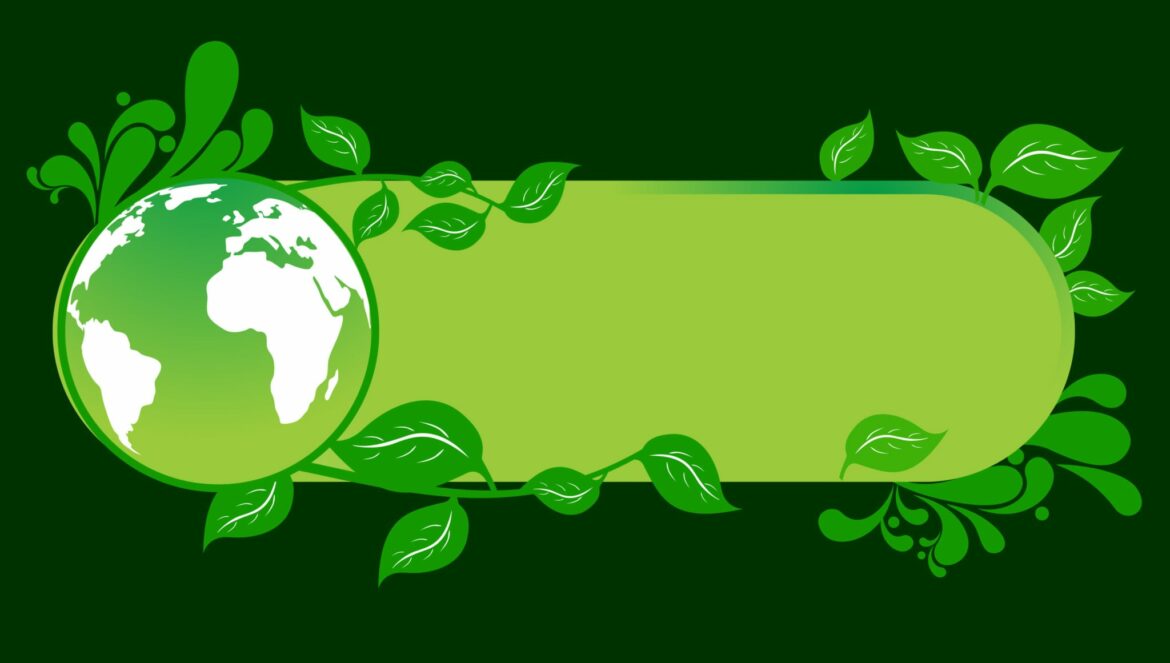Table of Contents
Sustainability curriculum that will enhance STEM instruction in public education Jointly-developed sustainability curriculum will integrate Google educational tools with EcoRise and CHPS platforms to enhance STEM teaching and learning
 November 14, 2017
November 14, 2017
Austin, TX―EcoRise, Google, and the Collaborative for High Performance Schools (CHPS) have announced a partnership to develop a project-based learning sustainability curriculum that will enhance STEM instruction in public education, including for underserved communities. Google will support the project, “Citizen Science: Student and Community Engagement in Assessing and Improving School Buildings,” with a $50,000 grant, will jointly develop the curriculum along with EcoRise and CHPS, and will put it into use with their Science Journal App and Google Classroom platform.
“We are beyond excited to partner with Google and CHPS on this project that will bring new elements to STEM instruction in public schools and further our mission of developing the next generation of sustainability leaders,” said Gina LaMotte, EcoRise founder and executive director. “We believe this project has the power to not only enhance, but truly transform teaching and learning in a way that opens students up to a new and brighter future as difference-makers in our global society.”
In the new curriculum, the school building will be used as a learning tool to not only educate students, but to bring awareness of current school facility conditions and the ways in which they can be improved. Students will learn the importance of school design and maintenance on facility conditions and on student learning and achievement, as well as how to undertake the assessment measurements, analyze the results, and document their findings so they can be communicated to the community.
The project will be run by CHPS and EcoRise. In Phase 1, to take place through July 2018, EcoRise and CHPS will focus on integrating existing tools and resources into the Science Journal app and other Google educational tools, and vice versa. Among other endeavors, this will include:
- Integration of the Science Journal into EcoRise’s Eco-Audit Waste unit―which is used at more than 500 schools internationally, is aligned to national standard frameworks, including the Next Generation Science Standards (NGSS) and Common Core, and is available in English and Spanish―for high school students, as a mechanism to collect data, store photographs, and take lab notes.
- Integration of the Science Journal and other Google tools into EcoRise’s Student Innovation Fund, a learner-facing grant platform that awards numerous micro-grants to fund student-led sustainability projects each year.
- Integration of CHPS’s benchmarking tool, the Operations Report Card (ORC)―used to assess building energy and water use, waste management, and four indoor environmental quality factors: indoor air quality, acoustics, lighting and thermal comfort―into the Google Science Journal platform and with other Google tools.
- Integration of CHPS and EcoRise platforms with one another, and alignment of these platforms with science curriculum standards.
 “We are thrilled to be a part of this collaboration with Google and EcoRise to merge our building assessment tool with Google’s learning platform and EcoRise’s STEM curriculum as a way to provide students with new opportunities to learn about the environment around them,” said Elisabeth Krautscheid, Managing Director of CHPS. “We have always viewed the school building as an excellent teaching tool, and this partnership will enhance the ability of all three organizations to engage students in the science behind building operations and how that science directly impacts them.”
“We are thrilled to be a part of this collaboration with Google and EcoRise to merge our building assessment tool with Google’s learning platform and EcoRise’s STEM curriculum as a way to provide students with new opportunities to learn about the environment around them,” said Elisabeth Krautscheid, Managing Director of CHPS. “We have always viewed the school building as an excellent teaching tool, and this partnership will enhance the ability of all three organizations to engage students in the science behind building operations and how that science directly impacts them.”
EcoRise and CHPS have combined for more than 50 years of successful programming and worked with a network of more than 1,000 K-12 schools across the United States. By working together alongside Google, the organizations plan to develop a project that can eventually deepen the integration of the Science Journal app and Google Drive with project activities; scale curriculum and the Google Science Journal to schools internationally; develop new curriculum on related career opportunities in facilities management, design, construction, and building sciences; and more.
About EcoRise
EcoRise develops the next generation of creative problem solvers by enlivening conventional classrooms with academically-aligned K-12 curriculum that introduce students to environmental literacy, social innovation and hands-on design skills. Green professionals serve as guest speakers and project mentors to help students solve real-world sustainability challenges concerning energy, water, waste, transportation, air quality, food and public spaces. The program focuses on enhancing STEM education, promoting sustainability, introducing students to green careers, and helping students develop 21st-century skills. To learn more about EcoRise, visit ecorise.org.
About the Collaborative for High Performance Schools
The Collaborative for High Performance Schools (CHPS), a 501(c)(3) non-profit organization, created the nation’s first green building rating program developed especially for school buildings. CHPS’ mission is to make every school an ideal place to learn by facilitating the design, construction, and operation of high performance schools: learning environments that are healthy and productive, resource efficient, and environmentally responsible. That is why CHPS works with schools and experts to take action to ensure that every child has the best possible learning environment with the smallest impact on the planet. To date, over three hundred CHPS Verified and CHPS Designed schools have been built nationwide with 300 more in the pipeline. For more information, visit our website at www.chps.net.
Media Contact:
MindRocket Media Group, Inc.
E: info@mindrocketmediagroup.com
Further Reading
- edCircuit – Six Teachers Honored as EcoRise Teacher Ambassadors
- The Austin Chronicle – Allan Rising
- Huffington Post – School Districts Recognizing Benefits of Sustainable Education





